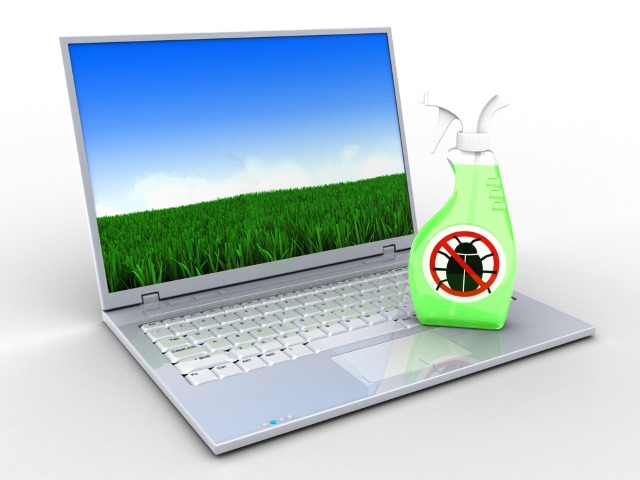
Google publishes details of Windows bug after Microsoft misses 90-day Project Zero disclosure deadline
Google's Project Zero has proved controversial on several occasions already, with the search giant publicly revealing details of software bugs when companies fail to fix them. Now the project has unearthed a bug in Windows, and as Microsoft failed to patch it within 90 days of being notified, details of the flaw have been made available for everyone to see -- and exploit.
A problem with the Windows Graphics Component GDI library (gdi32.dll) means that a hacker could use EMF metafiles to access memory and wreak all sorts of havoc. While Microsoft has issued Security Bulletin MS16-074, Google's Mateusz Jurczyk says it failed to properly address the problem -- hence the public outing of the bug.

Safely eject almost any drive type with HotSwap!
Finished with that USB key? Unplugging it risks losing data, so in theory you should click the Windows "Safely remove hardware" icon, choose the drive, and wait to be told it’s safe to unplug.
Unfortunately, the Safely Remove Hardware system is very strict about the drive types it supports. SATA or eSATA drives, fixed drives with a USB connections, even some USB keys won’t appear on the list, and the only guaranteed safe way to swap them out is to grind your way through Device Manager.

View, hash, split, join and wipe files with PeaUtils
PeaUtils is a simple suite of file processing tools from Giorgio Tani, the developer of PeaZip.
The program can create hashes, process checksums, analyze and report on files, split and join files, display files in a hex view, securely delete confidential data, wipe drive free space, and more.
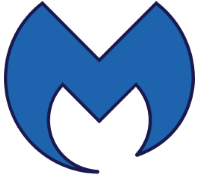
Why you need extra layers of security for your PC and how to get them for up to 55 percent off
These days, the threats posed to your PC have never been greater. It’s no longer enough to rely on simple basic anti-malware protection and the built-in Windows firewall. If you want to really close the door to hackers, Trojans and other threats, you need to add multiple layers of security to your computer.
That’s the bad news. Here’s the good news: thanks to the Downloadcrew Software Store, there’s never been a better time to beef up your protection, with great deals for the latest software, from Malwarebytes 3 to Emsisoft Anti-Malware 2017.

Quickly find Unicode symbols with SymbSearch
Need to enter a Unicode symbol on your PC? Then launch the Character Map, find what you need to the clipboard and copy it to the clipboard. Sounds easy, right? Until you try it.
The reality is the Character Map gives you hundreds of characters to examine, organised in a way which doesn’t always match their purpose, and displayed in such a small font that you’ll barely be able to see some of them at all.

TCP Monitor Plus is a portable network toolkit
Portable network toolkit TCP Monitor Plus has had its first update since 2015, adding a snapshot feature and some handy display tweaks.
The program opens with a scrolling graph of network traffic, and assorted low-level stats on bandwidth, speeds, and packets sent and received.
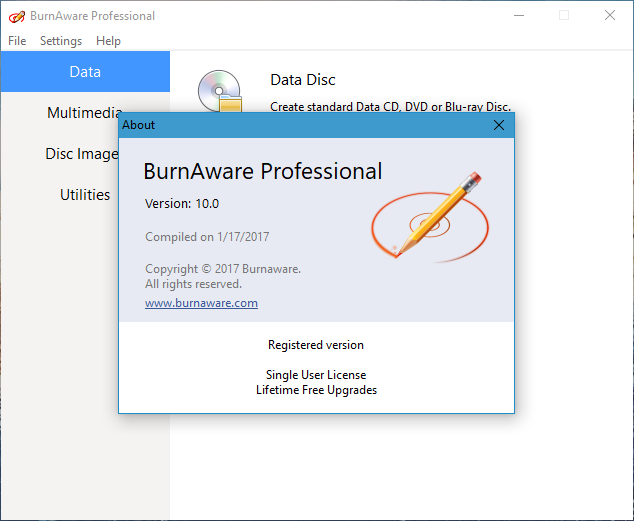
BurnAware 10 now available as free download
Optical media is in a weird place right now. Thanks to cloud storage and flash drives, fewer folks are backing up data to CD, DVD, and Blu-ray. Because of streaming media -- from services like Netflix and Hulu -- fewer consumers are buying movies and music on optical media. Does this mean that optical media is totally dead? Hardly.
As burning/mastering products such as Nero and Ashampoo become more and more bloated, however, it is getting harder for PC users to find a simple and rewarding solution. BurnAware is one such program that remains lightweight while offering a lot of useful functionality. The software recently hit version 10, and I have been trying the "Pro" version on my Windows 10 machine with great success.

Microsoft Build 2017 developer conference tickets available on Valentine's Day
This Valentine's Day, you may have special plans, such as dinner and a movie with your significant other. If you are particularly romantic, you probably have jewelry, candy, or flowers planned too. If you are single, however, you may be planning to stay inside alone -- there is no shame in that, folks.
In 2017, there is something very exciting happening on February 14th -- tickets for Build will go on sale. If you aren't familiar, this is Microsoft's annual developer conference. Will you be buying tickets at noon ET this Valentine's Day?

Wine 2.0 is here -- run Windows software on Linux and macOS
One of the big hurdles for people looking to switch from Windows to Linux or macOS is a dependence of software that requires Microsoft's operating system. This is becoming less of an issue, however, as more and more programs become cross-platform. Not to mention, a lot of software solutions are web-based nowadays, meaning they can run on any operating system with compatible web browser.
If you are someone that depends on software that only runs on Microsoft's operating system, you should probably stick with Windows. I mean, why deal with headaches? But OK, if for whatever reason you would rather use macOS or a Linux-based operating system like Ubuntu, there is a solution -- Wine. This is a compatibility layer that can be used to run Windows software on other operating systems. With that said, it is not perfect -- it can be a frustrating experience.
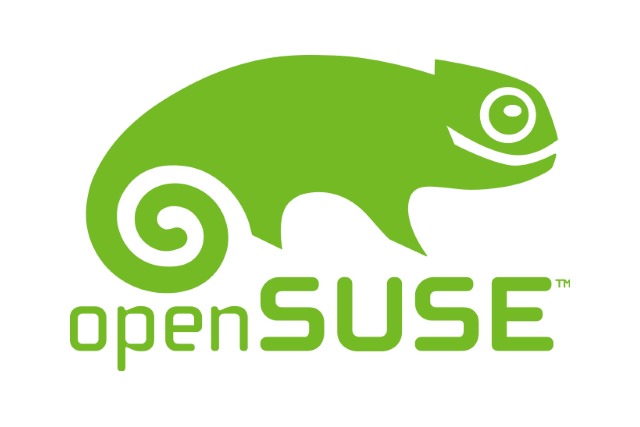
How to run openSUSE Leap 42.2 or SUSE Linux Enterprise Server 12 on Windows 10
Linux and Windows living happily side-by-side is not something many people would have predicted, but Windows 10 Anniversary Update saw the arrival of Bash on Ubuntu thanks to the Windows Subsystem for Linux. Not everyone was happy with Microsoft's choice of Ubuntu, with many preferring a different flavour of Linux.
Senior Product Manager for SUSE Linux Enterprise, Hannes Kühnemund, is -- unsurprisingly -- one of those whose taste buds were not tantalized by Ubuntu. He would rather you ran SUSE on Windows 10. In fact he doesn't just want this to happen, he tells you how to do it -- specifically with openSUSE Leap 42.2 and SUSE Linux Enterprise Server 12 SP2 -- so you too can run Linux binaries natively on Windows.
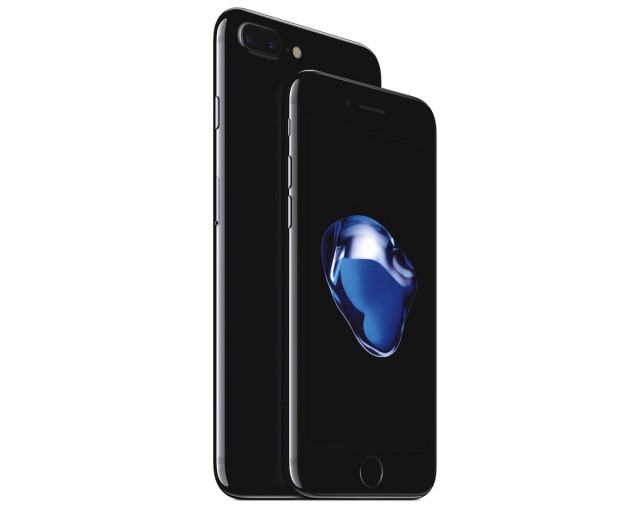
iPhone 7, iPhone 7 Plus are the best-selling smartphones in US (again)
Apple traditionally enjoys very strong iPhone sales after it launches new smartphones. And this is certainly true of the three months ending November 2016, when the iPhone 7 and iPhone 7 Plus topped the sales charts in US and helped iOS close in on Android in Great Britain.
In US, it is actually an all-iPhone podium, with the iPhone 6s joining the newer models in the top three, according to a new Kantar Worldpanel ComTech report. Apple saw its share rise to 43.5 percent, while Google's Android dropped to 55.3 percent of the market.
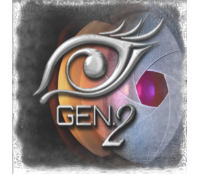
Get 10 free Photoshop plugins with Auto FX Free
Auto FX Free is a free collection of 10 free Photoshop plugins which can also be used stand-alone.
The effects include Focal Zoom, Light Brush, Lighten and Sharpen, Mood Lighting, Soften Details, Vitality, Dreamy Photo, Mosaic, Abstract Edges and Photo Border.
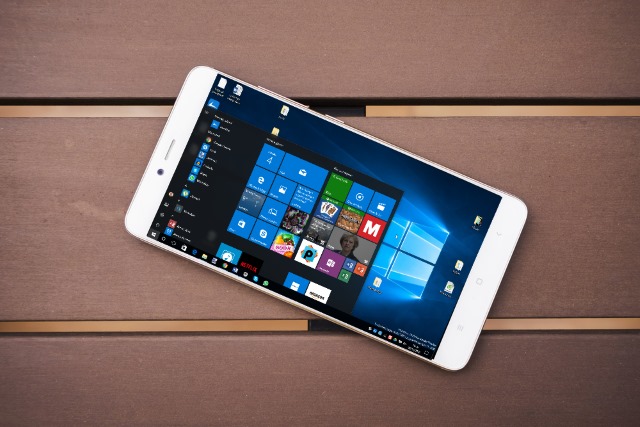
Windows apps on Android? Wine will do it... but not just yet
Wine is well known to Linux and Mac users for opening up the possibility of running Windows software on their preferred operating system. The self-referentially-named software (Wine Is Not an Emulator) is due for a new release in the next few weeks, but the hoped-for Windows-on-Android support is not yet there.
That said, it is in the pipeline. Wine developers are working on integrating the existing CrossOver Android software into the open source Windows API. This will allow for Windows software to run in Android, but it won't make it into the up-coming Wine 2.0, and there are limitations.
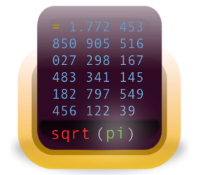
SpeedCrunch is a simple but powerful scientific calculator
SpeedCrunch is a keyboard-based scientific calculator which is easy to use, yet still has the power that advanced users need.
The program is both open-source and portable, which means no real setup hassles. Just unzip the download and run speedcrunch.exe to begin.
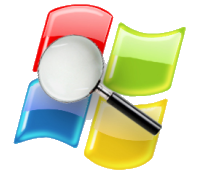
Sysinternals ships Sysmon 5.0, Process Explorer 16.20
Microsoft Sysinternals has released updates for some of its best tools, including Sysmon 5.0 and Process Explorer 16.20.
Sysmon gets a major update, with new support for recording file creations, Registry create and delete options, value sets and key and value renames.
